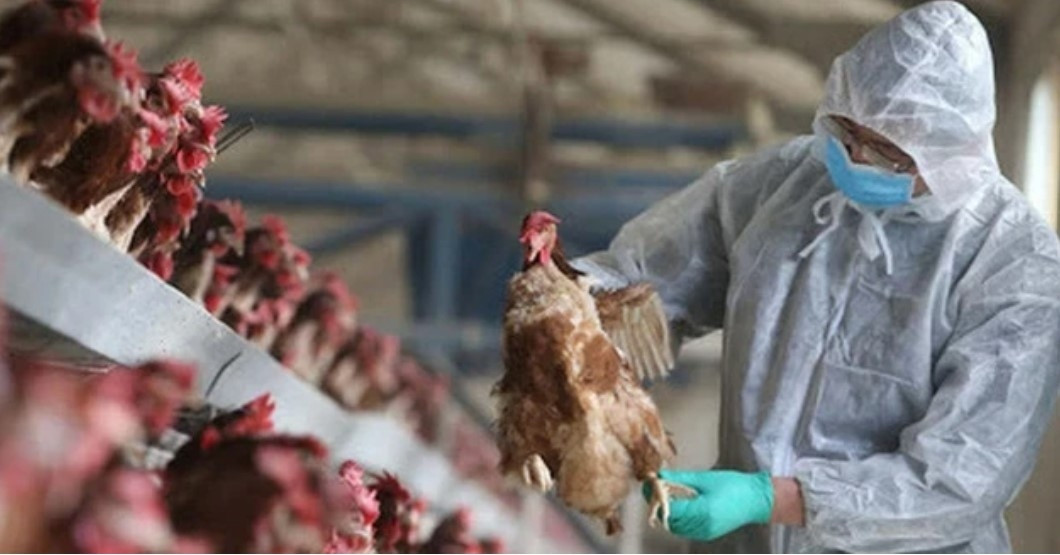

The male patient, 37, hailing from southern Tien Giang province, tested positive for the avian influenza virus Type A (H9) at the Ho Chi Minh Hospital for Tropical Diseases, and the result was confirmed by the Ho Chi Minh City Pasteur Institute through genome sequencing.
The patient is now receiving intensive care at the Ho Chi Minh Hospital for Tropical Diseases.
Initial epidemiological investigations show that the patient lives near a poultry market, with poultry trading activities taking place in front of his residence. However, no dead or sick poultry has been reported so far.
Health authorities have made a list of those in close contact with the patient for health monitoring, and none of them have shown any symptoms of respiratory infection.
No outbreaks of respiratory infection have been detected in the community, said local authorities.
This is the first human infection with the H9 subtype that Vietnam has documented so far. Earlier, central Khanh Hoa province reported a human death infected with the H5N1, the first in Vietnam after 10 years.
The H9N2 outbreak was detected in poultry many years ago. This is a low-virulence avian influenza virus that usually causes mild symptoms and does not cause mass deaths of poultry. However, humans can still be infected with the virus if they contact and use infected poultry and poultry products.
Vietnam is in the season transition period, making it easier for avian influenza viruses to emerge and spread across poultry and to humans.
As there are no drugs and vaccines against the viruses, the Ministry of Health requested localities to strengthen prevention measures, including communications.
The ministry reminded that residents should not slaughter, transport, trade, and cook poultry and related products of unknown origin.
Notably, residents are advised not to slaughter and use dead or sick poultry if they find abnormal symptoms, and at the same time notify veterinarians and authorities about the case.
They are also advised to go to medical facilities for check-ups and treatment if they show flu-like symptoms such as fever, cough, chest pain and breathing difficulty.
VOV